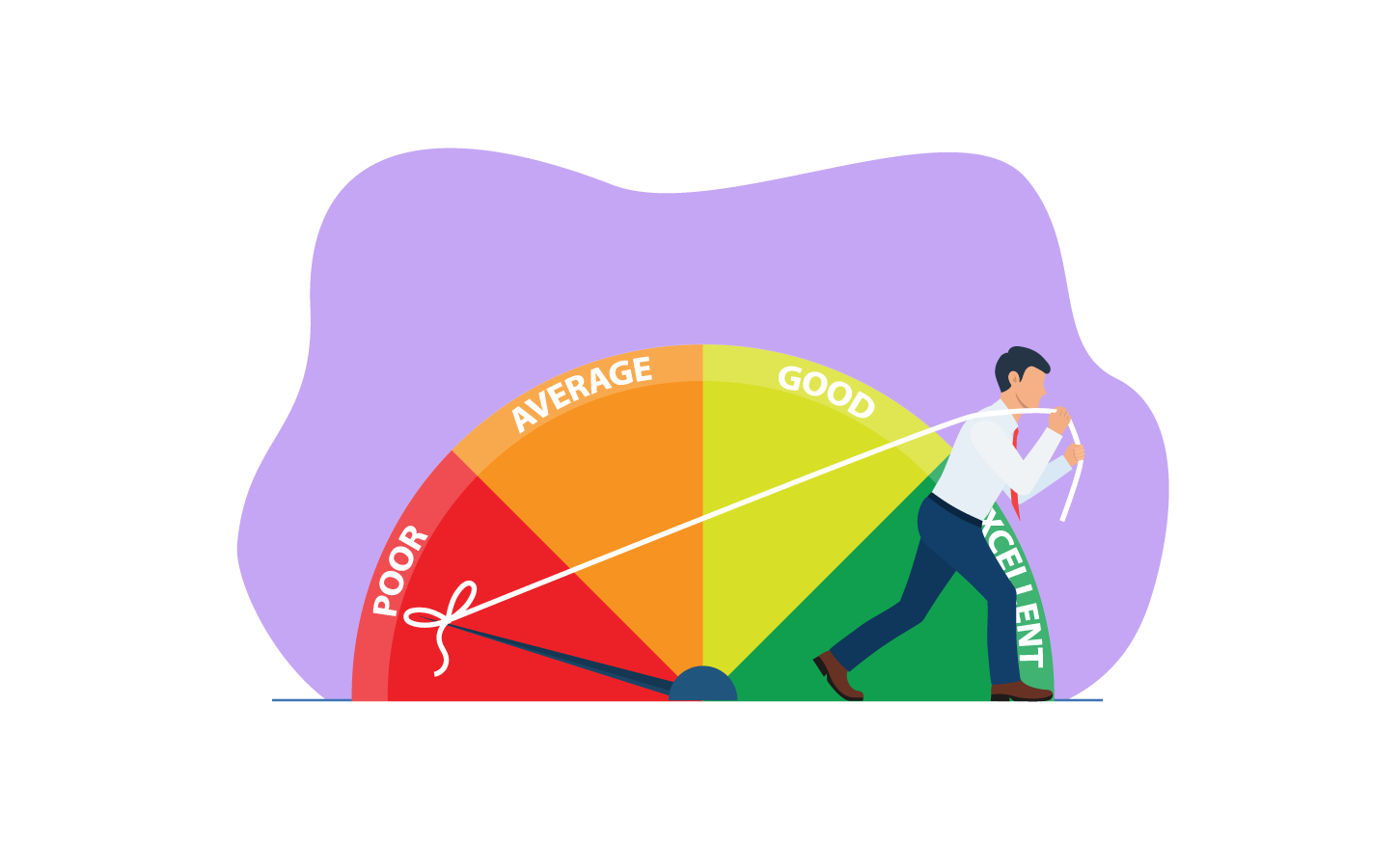With good money management, you should always be able to repay your loan on time. But this is an ideal – sometimes, situations such as multiple emergencies (e.g. job loss coupled with serious illness) stop us from making the needed repayments. If you’re in such a situation, here are some quick steps to take:
1. Contact the lender as soon as possible
The worst thing to do is “play dumb”, and ignore calls or warning letters. The reason is that loans compound over time. The longer you wait, the worst your debt will become. For example, if your loan has an interest rate of 26 per cent per annum – a typical rate for a credit card – it only takes around 2.7 years to double your debt.
(Note: to estimate how long it takes to double your debt, just divide the interest rate from 72. For example, an interest rate of nine per cent per annum would double your debt in 72 / 9 = 8 years).
The sooner you address and try to repay your debt, the smaller the amount you have to deal with. It’s much easier to tackle your debt when it’s $1,000, than when it’s snowballed to $5,000.
2. Refinance the loan
Let’s say you can’t make the loan payment now, but you’re sure you can do it in a month or so. If you still have good credit, one solution is to use a lower interest rate loan. This is a form of refinancing.
For example, say you owe $10,000, on a credit card with an interest rate of 26 per cent per annum. You’re about to miss the repayment for the month, because you’re waiting for a lump sum pay out (e.g. you’re waiting for your insurance pay out to come in).
One solution is to find a personal loan for $10,000, at an even lower interest rate than the credit card. For example, you could get a $10,000 personal loan with nine per cent interest, to pay off your $10,000 credit card loan with 26 per cent interest.
This serve two purposes. First, it allows you to repay the whole credit card loan, so you’re no longer late. Second, it saves you moneyas the new loan has a lower interest rate.You can check out LoanAdvice.sg, to find information on cheaper loans.
3. Negotiate to change the loan tenure
If the monthly repayments have become too high, contact the lender and ask if you can change the loan tenure. For example, you could try to stretch a three-year loan into a five-year loan instead.
To be frank, this will result in paying more interest. However, extending the loan tenure can reduce the amount you pay each month. This can minimise the loan’s impact on your monthly budget.
As a rule of thumb, try to limit your loan repayments to 40 per cent of your monthly income or less. If you earn $3,500 per month, for example, your monthly loan repayments should not exceed $1,400. By extending the loan tenure, you may be able to comfortably shrink repayments under this limit.
4. Use pawn services, if you have illiquid assets
You may have assets that are difficult to convert to cash. For example, you may have gold jewellery, but it’s tough to sell it immediately and still get a good price. It may also hold a lot of meaning to you.
One alternative is to then pawn the item. The pawn shop will give you a loan based on the value of the item, and you then have six months to pay back the pawn shop loan (this can be extended by another six months, whenever you make a loan repayment).
This can provide the cash you need to pay off your more urgent loan, while you slowly work up the cash to retrieve your pawned item.
As an aside, note that pawn shops mostly charge one per cent interest per month. At around 12 per cent per annum, this is half the interest rate of a credit card.
5. Get credit counselling
If you can’t pay your loan, and your total debt is too much too hand (e.g. it is more than a year of your income), you are beyond the simpler methods here. You need to contact credit counsellors, such as Credit Counselling Singapore, right away.
Credit counsellors will help to negotiate payment between you and the lenders. This can involve changing your interest rate, extending your loan tenure, or changing the repayment schedule.
However, you must be prepared to work with the credit counsellor. They may require you to make certain sacrifices, such as selling off your car (if you have one) or undergoing treatment if your debt is due to alcoholism, gambling, or other addictions.



















